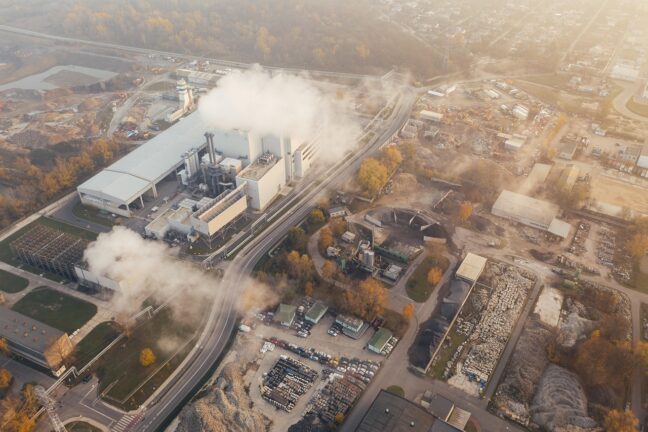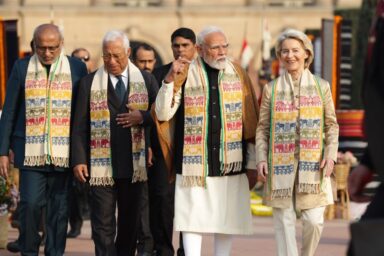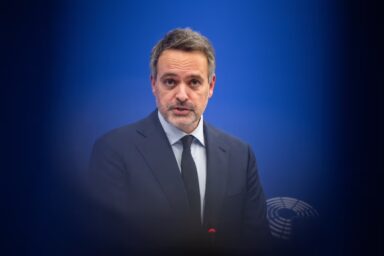Over a half of EU countries have issued a joint warning over the risk of rapid price increases in the upcoming Emissions Trading System for buildings and road transport (ETS2). They have urged the European Commission to consider a package of reforms swiftly to safeguard public acceptance ahead of the scheme’s planned 2027 launch.
France and Czechia support the reform of the Market Stability Reserve (MSR) to prevent price spikes on the EU’s incoming Emissions Trading System for road transport and heating fuels (ETS2), with Prague going a step further by calling to delay the scheme for one year, the server Carbon Pulse has learned on Wednesday.
“The proposed adjustments will prevent the sudden rise in the price of emission allowances. We cannot allow the emissions trading system to impact citizens negatively. The Czech government has therefore initiated a proposal for changes to trading, which has already won support from most EU member states. Together, we demand adjustments from the European Commission,” Czech Prime Minister Petr Fiala told local media. As long as there is a risk of significant increases in gasoline and heating prices, his government will not approve new emission allowances, he claims.
Fear of price spikes
Among the 16 countries supporting the proposal are Germany, Italy, Spain, Poland, Austria, Belgium, and others. The Czech government has stated that it has engaged with the European Commission on the issue. “We expect the European Commission to act quickly and come up with a legislative proposal for changes so that the final proposal can be discussed, approved, and valid by the end of this year,” Czech environment minister Petr Hladík said in official statement.
We cannot allow the emissions trading system to impact citizens negatively. Petr Fiala, Prime Minister of Czechia
The plan calls for better predictability of the price of allowances, including the publication of information about the pace of introduction of zero-emission technologies, which will affect the price of allowances. It also concerns the Market Stability Reserve (MSR), which is to release additional allowances if a significant market shortage of allowances should occur.
The proposal calls for strengthening the Market Stability Reserve (MSR) to prevent high prices. Authorities should place more allowances on the market than they currently plan, and they should release additional allowances whenever necessary, rather than only once a year. The goal also includes raising the price threshold for allowances to €45, above which the system will release extra allowances to help lower the price.
You might be interested
Double mission
The trading of emission allowances, or trading permits, relates only to fossil sources—namely gasoline, diesel, gas, or coal. It does not apply to wood, pellets, biofuels, etc. The purpose of emission trading is not only to reduce emissions but also significantly to decrease dependence on fossil fuel imports.
EU’s Social Climate Fund is also to help mitigate the impacts on vulnerable households, and additional billions from the sale of emission allowances will support energy savings. The system of European carbon allowances in transportation and buildings (known as ETS2) is to kick off in 2027.
The SCF is to begin operation a year earlier, in 2026. In the event of high energy prices next year, it is possible to postpone the entire system by one year. This is an option sought by Czechia; the position of other countries supporting the proposal was not known as of Wednesday evening.











